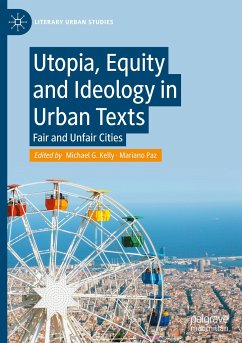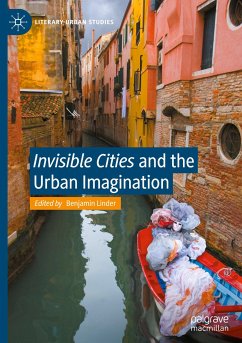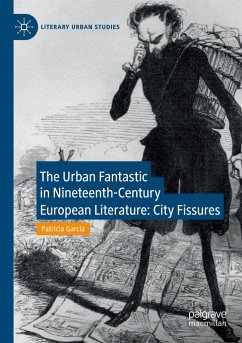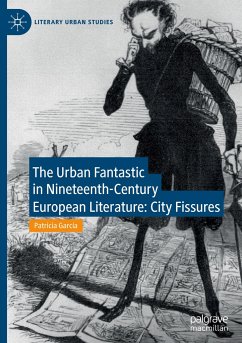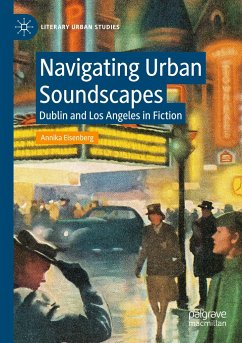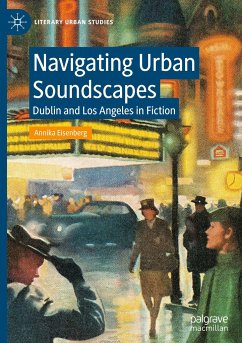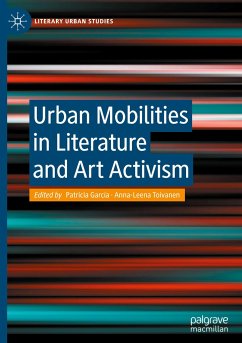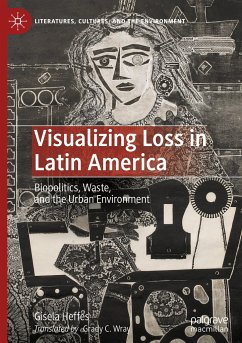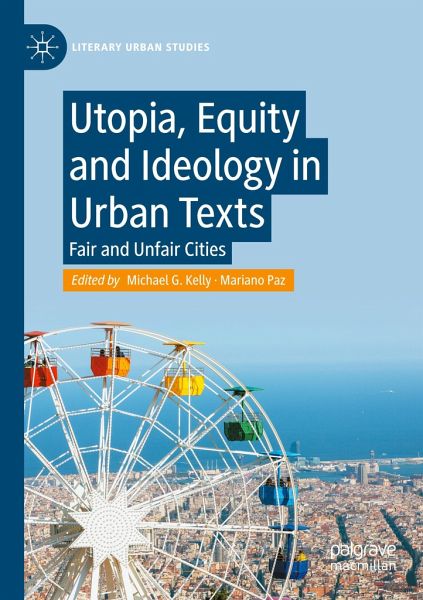
Utopia, Equity and Ideology in Urban Texts
Fair and Unfair Cities
Herausgegeben: Kelly, Michael G.; Paz, Mariano
Versandkostenfrei!
Versandfertig in 6-10 Tagen
98,99 €
inkl. MwSt.

PAYBACK Punkte
49 °P sammeln!
Utopia, Equity and Ideology in Urban Texts: Fair and Unfair Cities explores the complex interrelations of three key critical topics across a diverse range of urban writing. Interrogating the links and tensions between aesthetic and political priorities in the representation and imagining of urban life, the volume engages with work from a wide variety of linguistic and cultural origins and across a range of textual practices having the urban phenomenon as a common framing concern. Individual contributions discussing genre and literary fiction, poetic writing, documentary and essayistic texts, p...
Utopia, Equity and Ideology in Urban Texts: Fair and Unfair Cities explores the complex interrelations of three key critical topics across a diverse range of urban writing. Interrogating the links and tensions between aesthetic and political priorities in the representation and imagining of urban life, the volume engages with work from a wide variety of linguistic and cultural origins and across a range of textual practices having the urban phenomenon as a common framing concern. Individual contributions discussing genre and literary fiction, poetic writing, documentary and essayistic texts, planning manifestos and municipal communications materials serve to demonstrate that the nuanced treatments of urban experience and potential which may be gleaned from across this textual spectrum act as a pragmatic corrective to purely conceptual approaches. As such, the volume consolidates the emerging dialogue between the fields of utopian studies and literary urban studies, understanding these as complementary approaches to the reading of the city and its textual prolongations.



